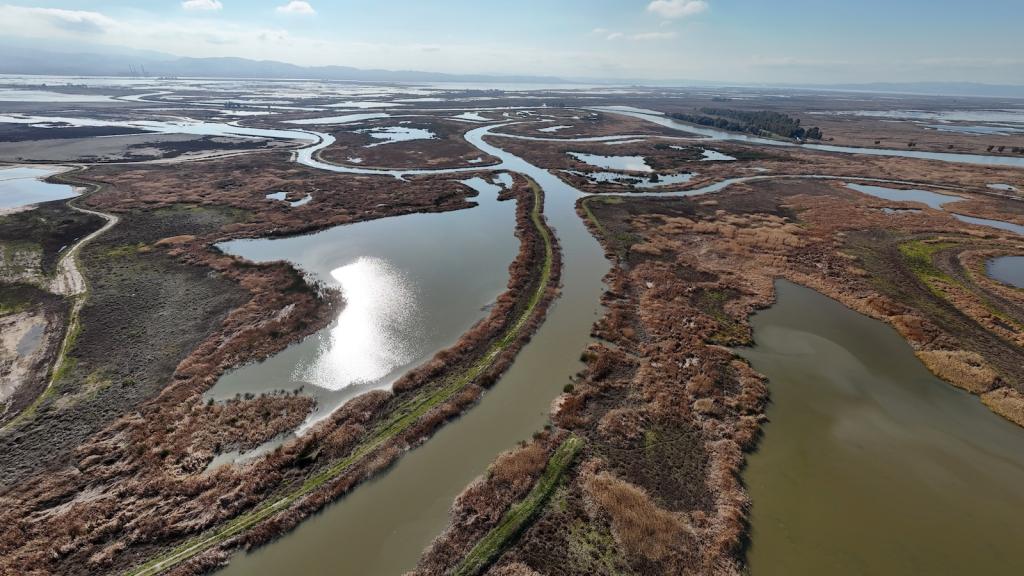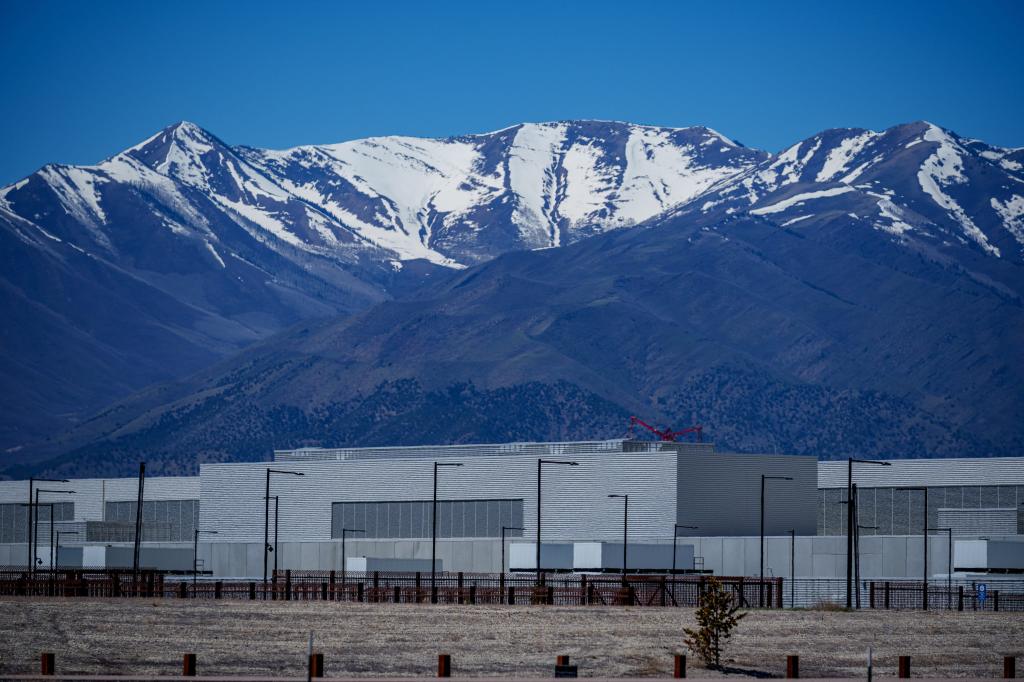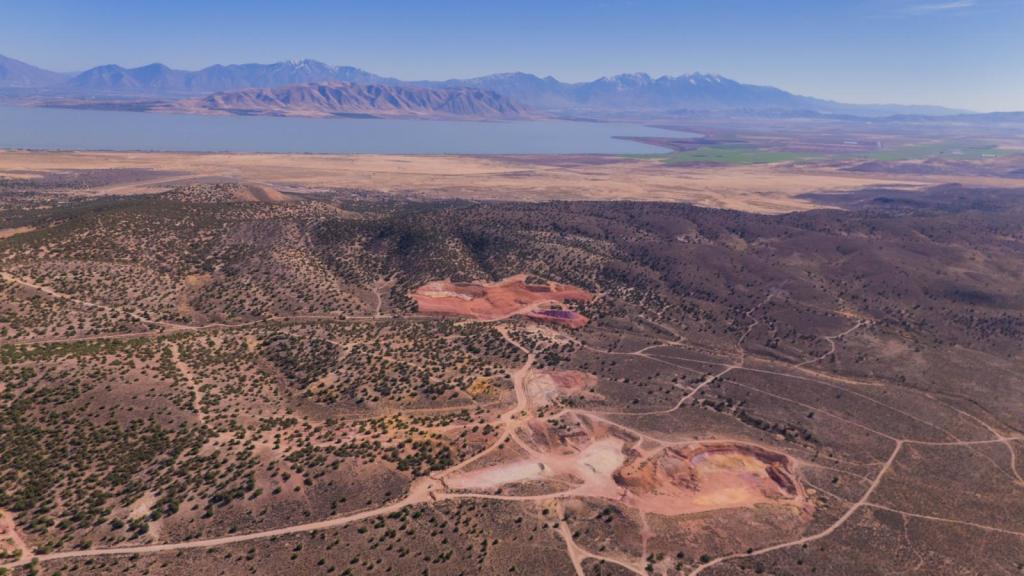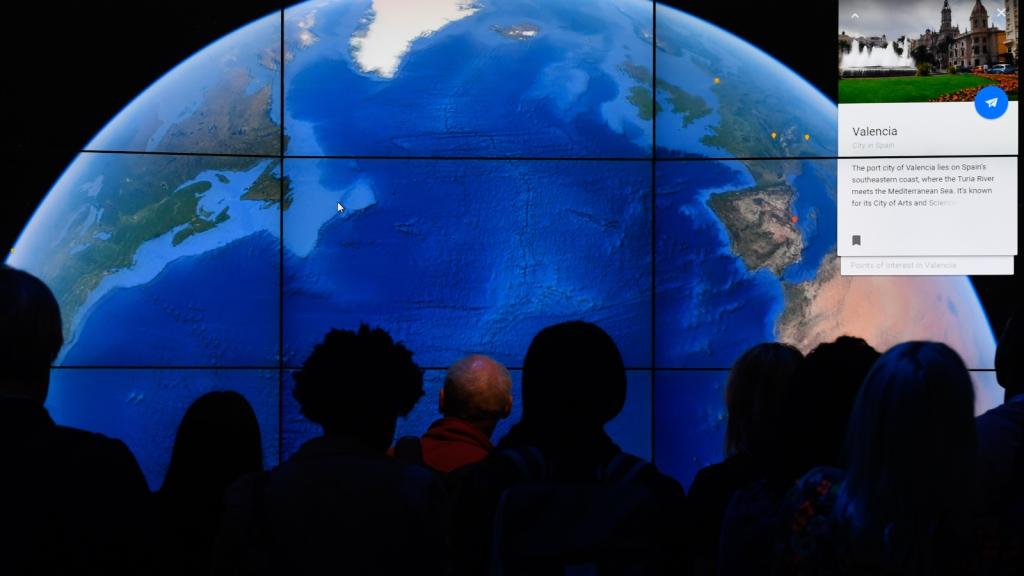This coverage is made possible through a partnership between Grist and WABE, Atlanta’s NPR station.
As more and more data centers crop up throughout Georgia and the Southeast, a recent study finds they may need less energy than the industry and utilities have been predicting. That could have substantial implications for energy bills and the planet.
Data centers — especially the biggest ones, known as hyperscalers, used for high-powered computing like generative AI — use a lot of energy. And major utilities like Georgia Power have started expanding power plants and building other infrastructure to fuel them. Late last year, the Georgia Public Service Commission approved a staggering 10 gigawatt expansion for Georgia Power to meet projected demand that’s mostly from data centers, after previously greenlighting new natural gas-fired turbines for the same reason.
But the level of growth that Georgia Power and other southeastern utilities are planning for only has about a 0.2 percent chance of actually happening, according to a... Read more










